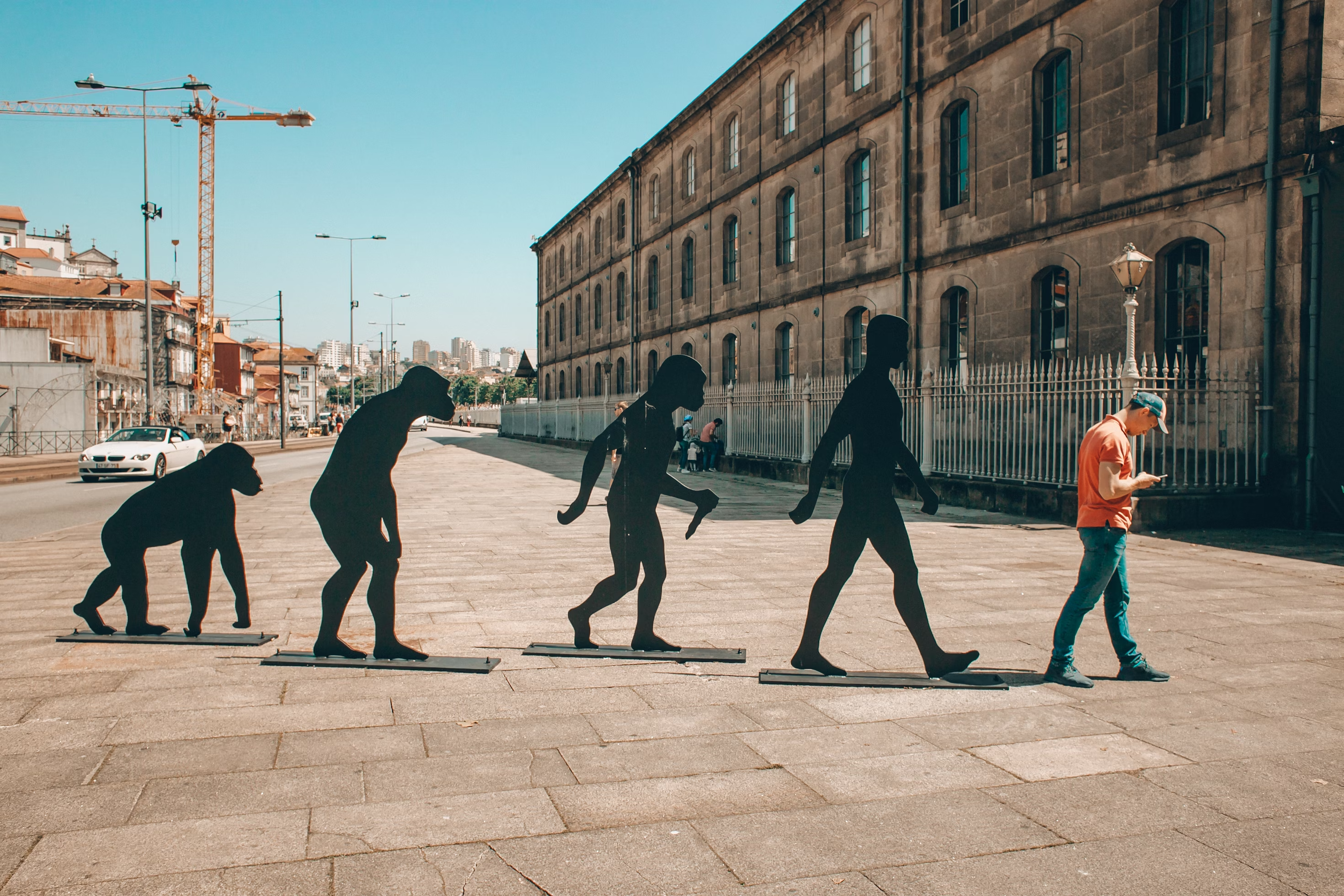
The Birth of the Nitroplast
Angelina Scherbakova reports on the discovery of a new organelle, the nitroplast, which is responsible for nitrogen fixation.

Angelina Scherbakova reports on the discovery of a new organelle, the nitroplast, which is responsible for nitrogen fixation.

Divya Ganesh reports on a newly discovered dinosaur and refutes claims stating the Lokiceratops simply shows within-species variation.

Isra El Haddad reflects on the importance of ancient discoveries to the evolution of modern medicine and treatments.

Chloe Dick reflects on whether a bigger brain does truly underpin increased intelligence within the animal kingdom.

Olivia McGinnis discusses a recent study highlighting the relevance of genetic transposons in the evolution of tail loss.

Eloise Elkington explores the largely disputed origins of COVID-19 and how evidence suggests but not proves a wet market origin.

George Rabin reports on new findings which oppose the conventional idea that insects are attracted to light.

Izzie Farrance reports on the new finding that genes contributing to multiple sclerosis may have spread due to ancient population migrations.

Molly Bleach explores how scientific imagination can be a way of explaining data as well as preceding revolutionary findings.

Kristian Suszczenia explores the origin of life, and how it required evolution for complexity, but also complexity for evolution.